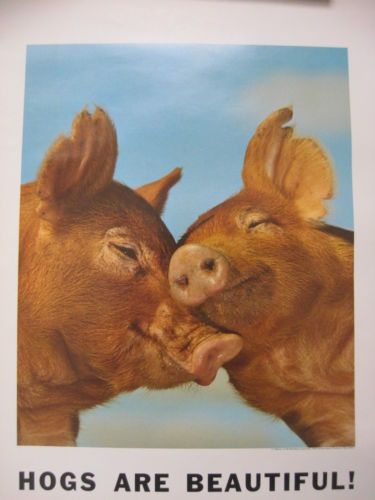Bring it on!
As a farmer, I really hope we get a sustained cold snap. If we don't, insect pest populations are going to be absolutely bananas in 2025.


Oh I feel that.
Me: "Hey, trees, its time for you to go to sleep so I can safely prune limbs."
The Trees:

This is also my first real winter as an adult. I’m thriving, the cold is so good.
What does this tell about this upcoming winter? Using November 2024 values for the QBO and ENSO, the winter of 2024-2025 looks likely to fall into westerly QBO and La Niña conditions (upper left quadrant). This would suggest that chances for a SSW are somewhat reduced compared to average, and conditions may even be primed for a strong polar vortex. Nonetheless, sudden warmings have occurred in these conditions before (12 times!)- which again re-emphasizes that these sorts of statistics can only tell us probabilities. Even though there’s a 55% chance an SSW won’t happen, there’s still a 45% that a SSW could occur. In other words, don’t bet the farm on this year’s odds for a SSW.
Seems like more lilely than not the polar vortex stays put and the cold air stays up in the arctic, no?
that's my read as well, though I used to synthesize long range forecasts and articles like this about climate patterns to create short monthly articles for agricultural audiences, localized to a region... and while 55% is more likely than not, it also kinda sucks for odds of it's sometimes devastating inverse not happening.
I liked the months where it was like 70-80% odds of some phenomena, because it would be reasonable to redirect seasonal efforts and make management decisions based on those numbers. between 40-60% is more like "flip a coin, be prepared for both, I got nothin' for ya".
the stakes were higher for this sort of thing among my audience. like figuring out if one needed to dollar down for extra winterization protection for young perennials, and that general sort of thing.
That sounds like interesting work!
In this case I didn't see any indications from the blog post that if a SSW were to happen, it would be unusually bad. How did you manage estimating severity in coinflip situations?
well, luckily I didn't have to model it out or develop a decision making tool. I could just stay in my lane of production considerations and direct people to more detailed resources on whatever practices would be relevant.
more or less my overall role was in resource navigation and development, like reference materials. my little "long range outlook" articles were something I just did as a quick thing. I got pretty good at reading national long range forecasts, parsing the relevant info for our tend-to-be-ignored area and tailoring it to the plain language of seasonal agricultural efforts. ex. "this April is almost certainly going to be wetter than the 10 year average, so finding the time for field tillage may be more difficult this spring than usual" or like how it might affect certain disease/pest pressures for certain crops.
basically, a quick summary with links to more detail, but just enough to put the thought in the head of what the story looks like next month.
Climate change solved with this one simple trick that RADICAL LEFTISTS HATE!







